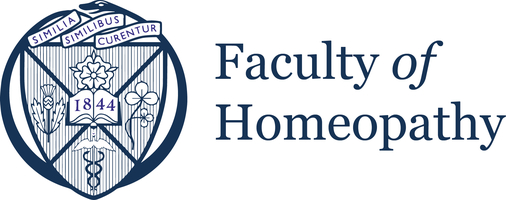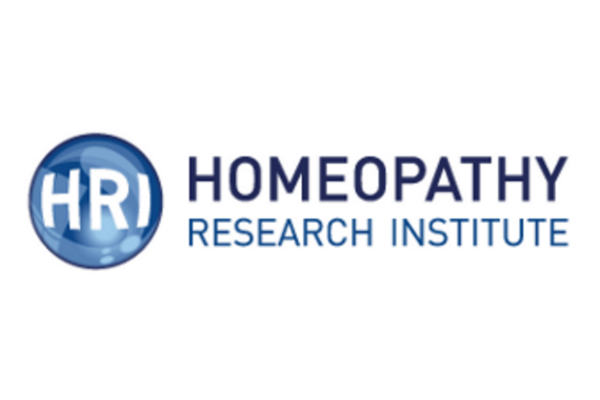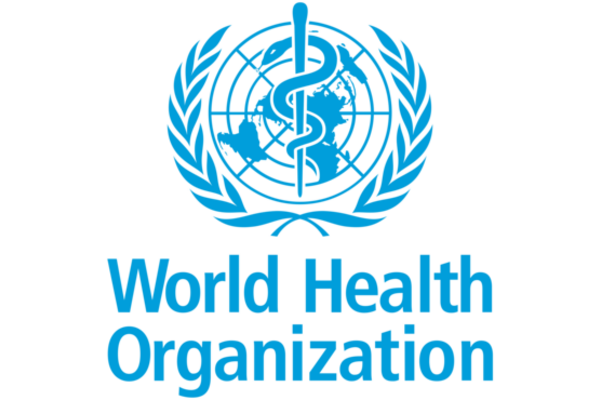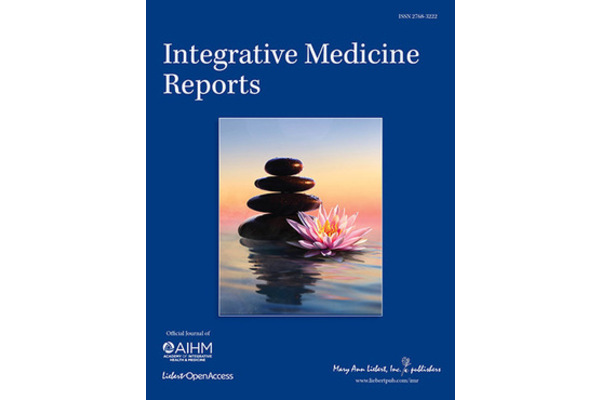HRI comment on BMJ article assessing reporting bias in trials of homeopathy
16 March 2022
New study shows levels of reporting bias, which can lead to over-estimation of benefits of treatments, are lower in homeopathy research than in conventional medical research.
A new study by Gartlehner et al.1 highlights a well-known problem affecting all areas of medical research known as ‘reporting bias’, which can distort the overall evidence for how well a medical treatment works, usually over-estimating the benefits.
Media reports based on this study, claiming that the benefits of homeopathy have been ‘substantially over-estimated’, fail to mention the authors’ own statement that reporting bias is “not a phenomenon that is limited to homeopathy” – it occurs in all areas of clinical research.
However, by choosing to focus solely on whether this problem affects the homeopathy evidence base, this new study has provided important new insights, showing that the homeopathy research sector appears to be out-performing conventional medicine in regard to scientific and ethical standards, with lower levels of reporting bias.
Important examples of reporting bias include ‘publication bias’ i.e. not all studies are published, with positive studies being more likely to be published than negative studies. Another bias is changing the ‘primary outcome’ i.e. which symptom/measurement (out of several being monitored during a study) should be considered the main ‘result’ for determining whether the drug being tested is effective or not.
The authors state that, “non-publication of trial results and selective outcome reporting …. is not a phenomenon that is limited to homeopathy”, yet they failed to provide adequate context for their results by making any direct comparisons to other areas of clinical research.










